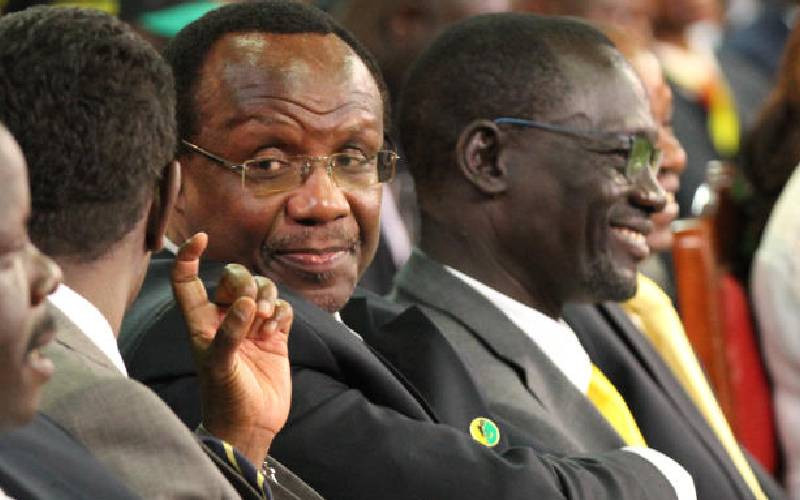×
The Standard e-Paper
Fearless, Trusted News

State House’s top economic adviser David Ndii has punched holes into previous governments’ infrastructure and manufacturing-led economic growth model.
Mr Ndii says the model popularised by the late President Mwai Kibaki’s and retired President Uhuru Kenyatta’s administrations does not guarantee economic returns and removal of the poor from poverty.